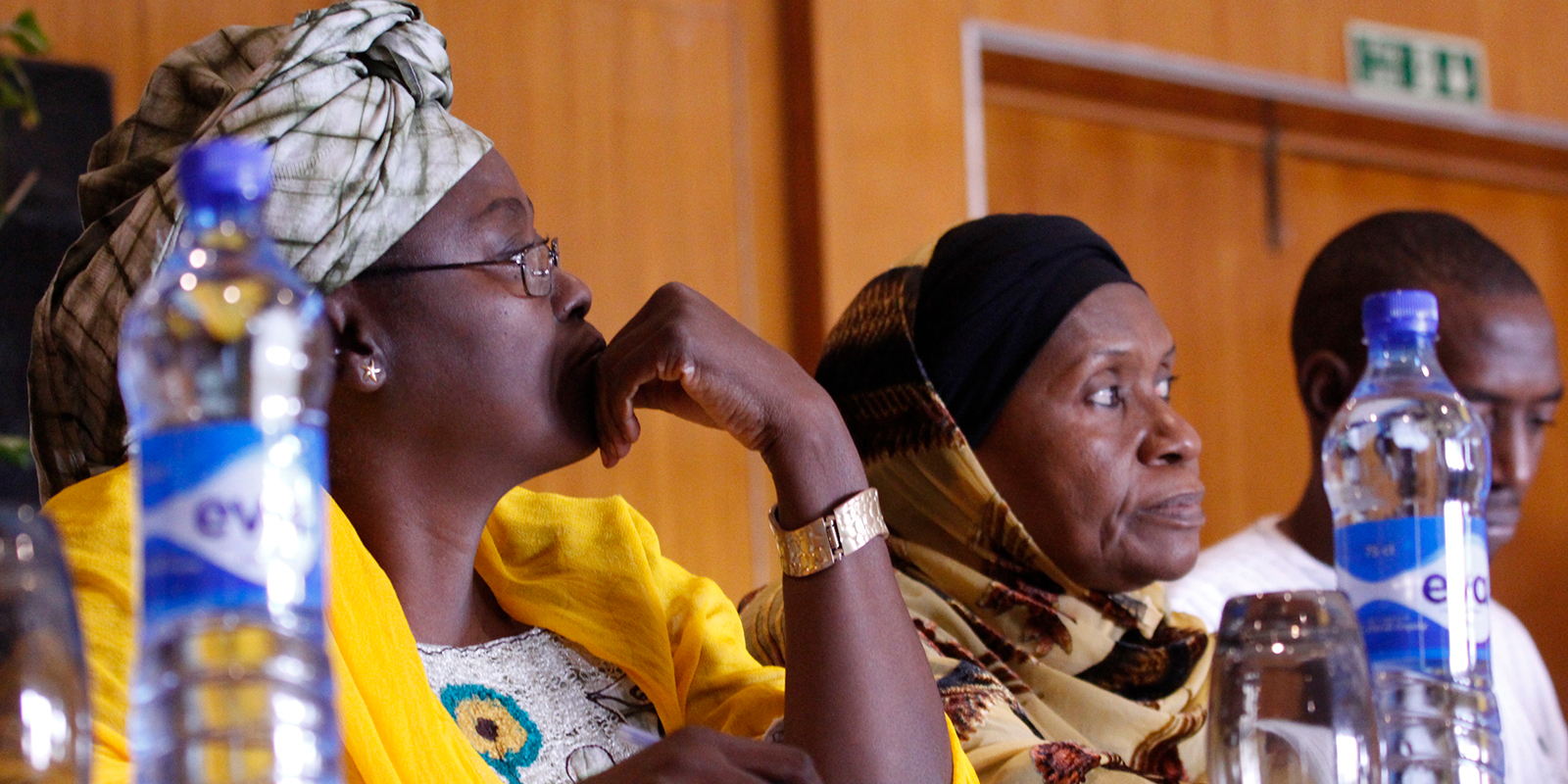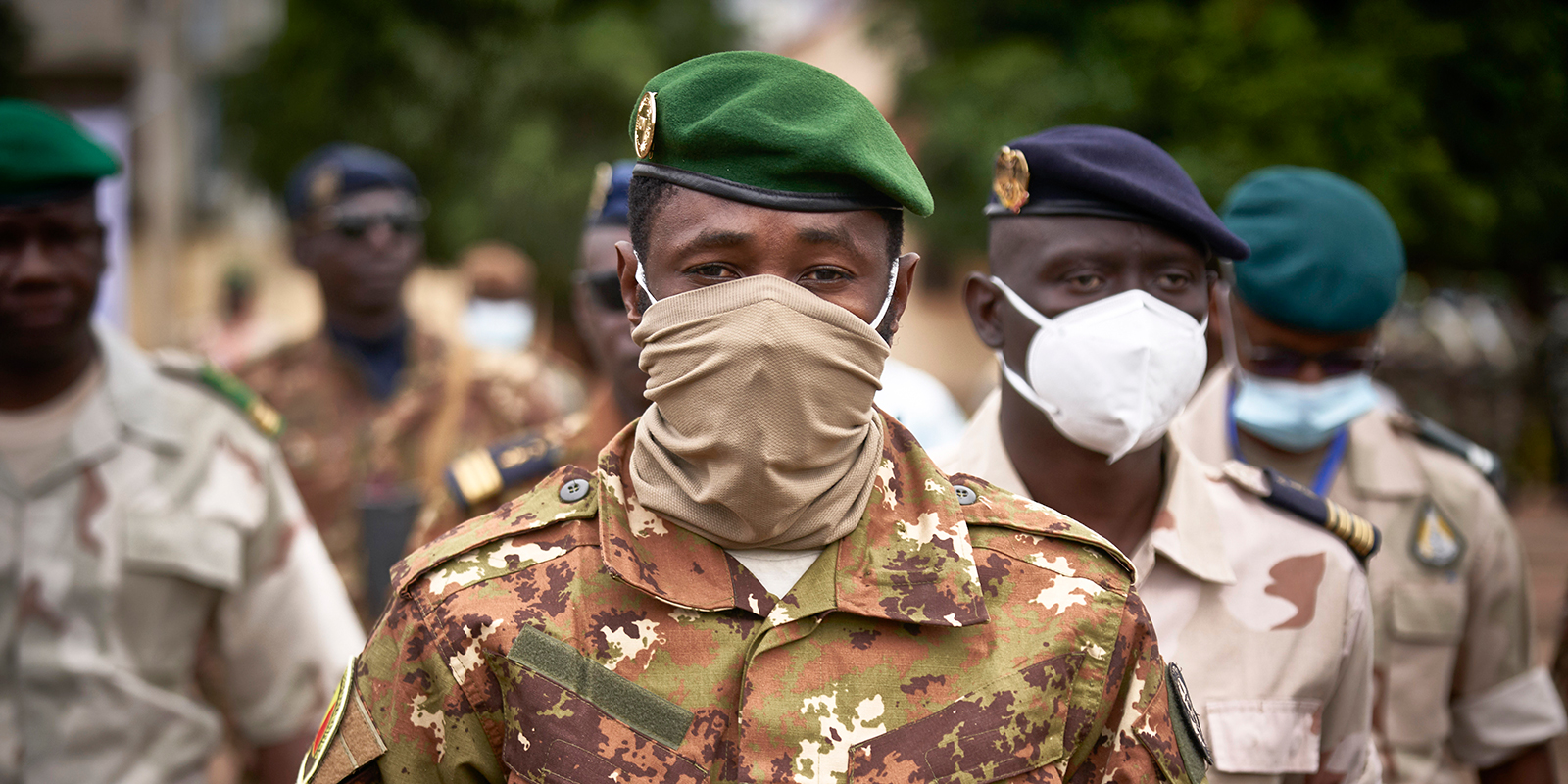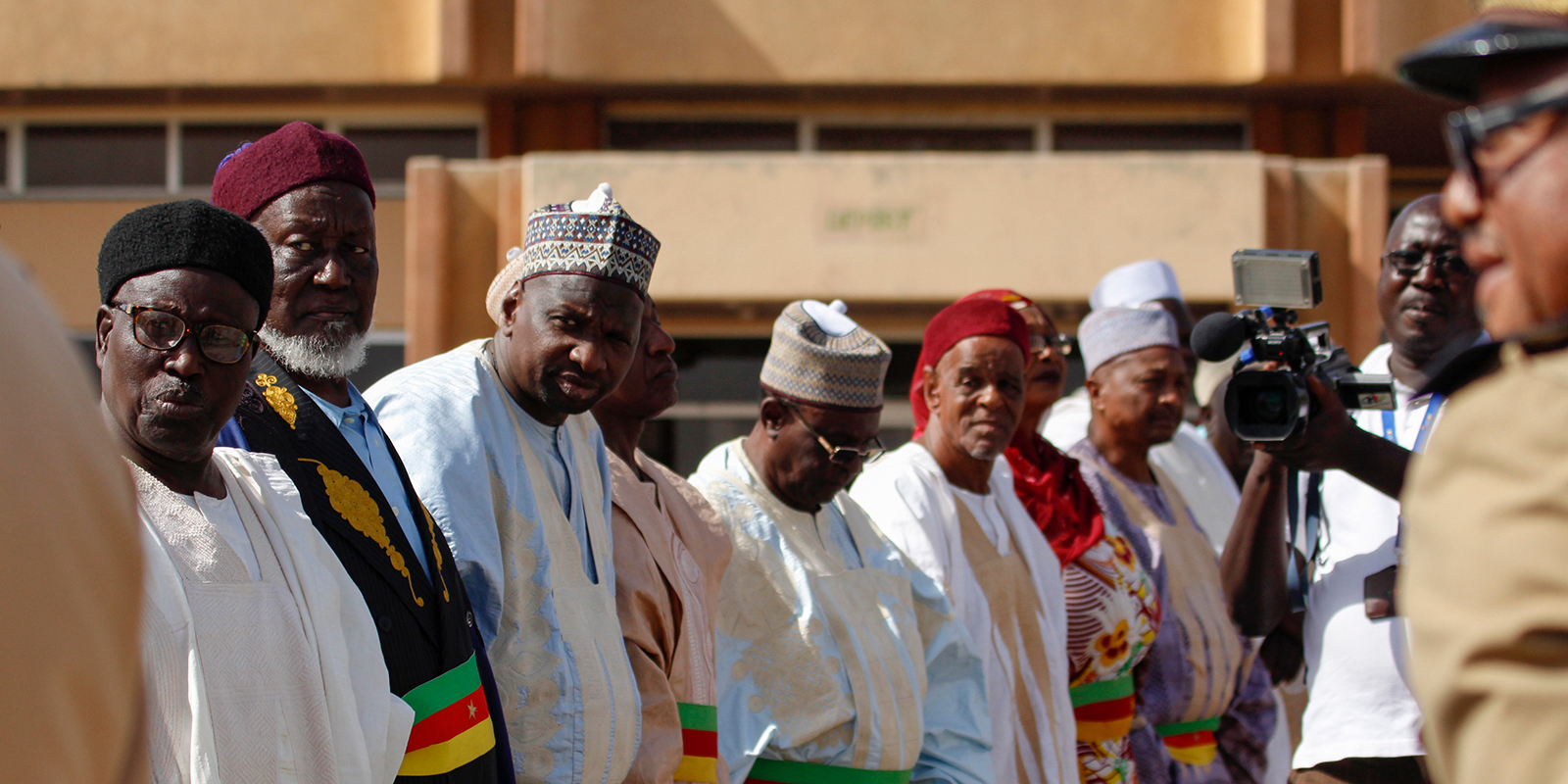In this week’s monitor the focus is coups and unconstitutional changes of government. We begin with a piece by Prof Tandeka Nkiwane, the Special Advisor to the CEO of NEPAD, who reflects on the state of democratic consolidation in Africa. Prof Nkiwane discusses the historical context of democratisation, setbacks the democratisation process has faced and some of the issues that will require attention for the democratisation process to be further consolidated.
Ovigwe Eguegu writes about recent coups in West Africa and he analyses the response to these coups by ECOWAS and the African Union. He argues that these bodies should play a more proactive and deterrent role in preventing coups from taking place.
Thirdly, we have an article from Ndubuisi Christian Ani who considers the trends of coups in Africa. He writes that the core issues that lead to coups need to be addressed in order to prevent more from taking place and analyses various regional response options.
We end this week’s edition with a piece on the 3rd Lake Chad Basin Governors’ Forum that will take place on 4-5 October 2021 in Yaoundé, Cameroon. The Governors’ forum was established in 2018 to ensure greater local ownership and participation in the Regional Stabilization, Recovery and Resilience Strategy (RSS) for the Lake Chad Basin region.








